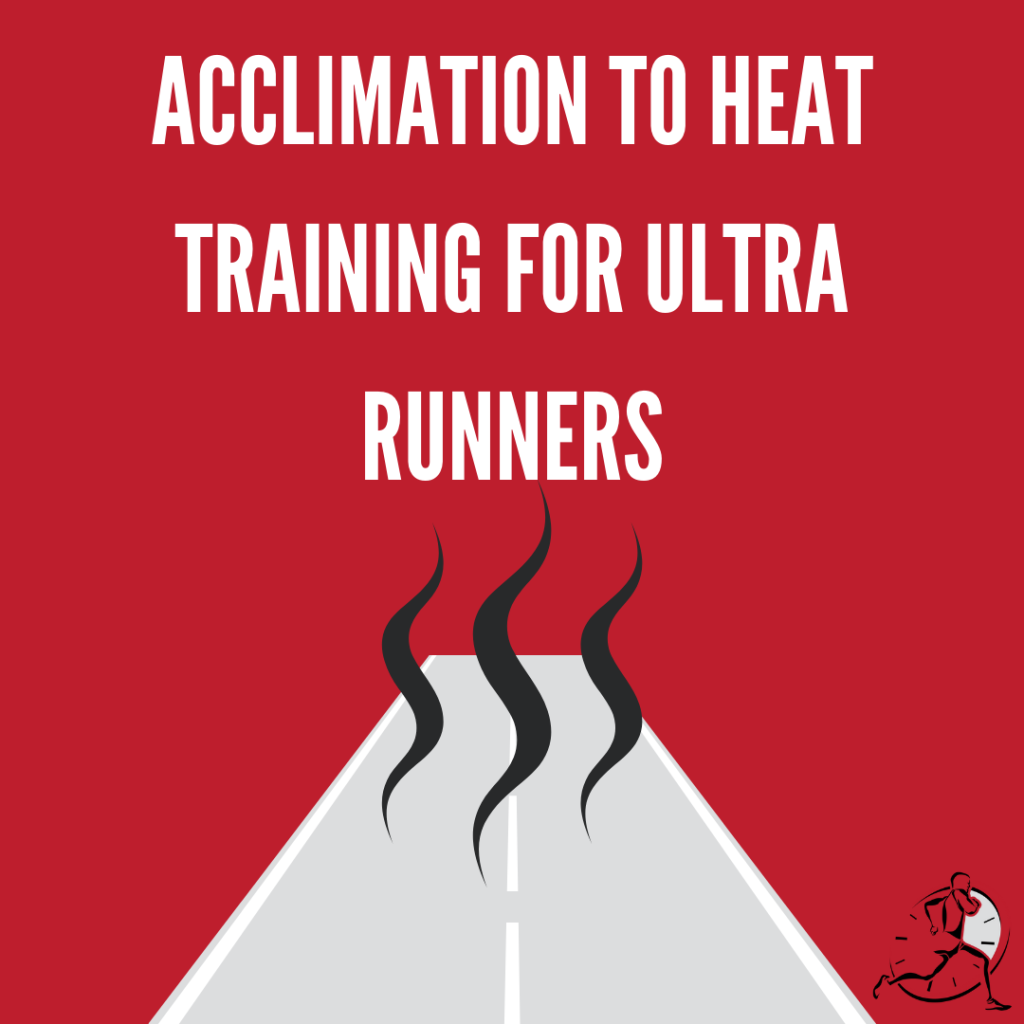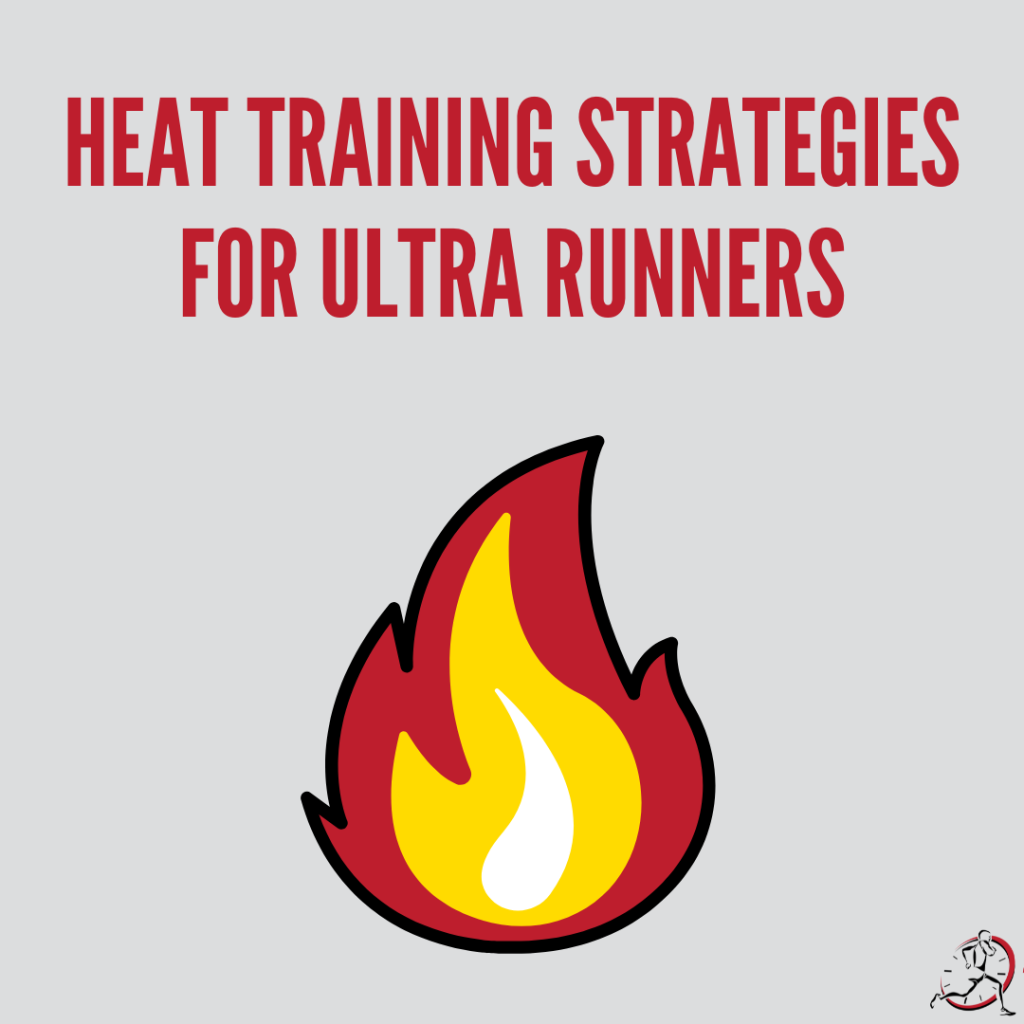Understanding Calories Per Hour in Ultra Running
Key Takeaways
| Aspect | Detail |
|---|---|
| Caloric Intake | 200-300 calories/hour, mainly from carbs |
| Factors | Gender, body size, experience, race conditions |
| Carbohydrate Intake | 30-60 grams of carbs/hour |
| Gender Differences | Men might consume more, women generally 200 calories/hour |
| Body’s Absorption | 240-280 calories/hour, despite burning 400-600 calories/hour |
Ultra running, a sport that tests the limits of endurance and mental fortitude, demands a nuanced approach to nutrition, especially when it comes to caloric intake. Understanding calories per hour in ultrarunning is crucial for maintaining energy levels and optimizing performance.
Caloric Intake for Ultra Runners
The general guideline for ultra runners is to consume between 200 and 300 calories per hour. This intake is predominantly in the form of carbohydrates, equating to about 50 to 75 grams per hour. It’s the maximum most runners can digest without experiencing stomach issues. However, these figures can vary based on several factors such as gender, body size, experience, and race conditions.
Gender and Body Size Considerations
Men, particularly those with more lean body mass or who are larger or more experienced runners, might be able to ingest more calories per hour. In contrast, female runners, especially those who are smaller or newer to ultra running, might find that around 200 calories per hour is their limit.
The Challenge of Caloric Absorption
While runners may burn approximately 400 to 600 calories per hour during an ultra run, the body can only absorb about 240 to 280 calories per hour. This creates a caloric deficit that, although impossible to completely overcome during the run, needs to be managed through smart and early nutrition strategies. This very reason is why understanding calories per hour in ultrarunning is so important.
Personalizing Your Caloric Strategy
One size does not fit all in ultra running. Each runner has unique dietary needs and digestion capabilities. To discover what works best for you, experiment with different types of fuel, such as energy gels, chews, bars, real food, or sports drinks during your training runs. This personal experimentation is crucial to figuring out your optimal caloric intake per hour.
Incorporating Real Food
In addition to packaged nutrition like gels and bars, incorporating real food options can be beneficial. For instance, fruits and crackers provide both quick and sustained energy. Discovering your personal preferences and digestion capabilities is a trial-and-error process, but essential for your ultra running success.
Training with the Right Fuel
Proper training isn’t just about the miles you run; it’s also about training your digestive system to handle the fuel you plan to consume during the race. This is where a customized training plan can be invaluable. Integrating nutritional strategy into your training plan ensures you are as prepared nutritionally as you are physically.
Learning from Experts
For more insights on ultra running, consider exploring the must-read running books that I recommended in a previous post. These resources can provide valuable knowledge on nutrition and training strategies.
In the next section, we will delve into the specifics of carbohydrate consumption and explore how ultra runners can effectively manage their energy needs during long races.
The Importance of Carbohydrates in Ultra Running
Carbohydrate Needs for Ultra Runners
Carbohydrates are the primary fuel source for ultra runners. Research suggests that runners should aim for 1 gram per kilogram of body weight per hour for men and 0.8 grams per kilogram per hour for women during ultra events. This tailored approach helps in meeting the high-energy demands of ultra running while keeping individual differences in mind.
Tailoring Carbohydrate Intake
The type of carbohydrates you consume matters as well. Fast-absorbing carbs like those found in energy gels and sports drinks are beneficial during the race for quick energy. However, incorporating complex carbohydrates in meals leading up to the event ensures sustained energy release.

Overcoming the Caloric Deficit Challenge
As mentioned earlier, there’s a significant discrepancy between the calories burned and the amount the body can absorb during an ultra run. This inevitable caloric deficit makes it crucial to start fueling early in the race and continue consistently, even if you’re not feeling hungry or low on energy. Tracking calories per hour in ultrarunning and consistent fueling helps in mitigating the energy deficit over the long run.
Strategies for Caloric Intake
- Start Early: Begin fueling within the first hour of the race.
- Be Consistent: Aim for regular intervals (every 20-30 minutes) to take in calories.
- Mix It Up: Use a combination of gels, chews, real food, and liquids to maintain interest and avoid gastrointestinal distress.
Nutrition Beyond Calories
While focusing on calories is crucial, ultra runners should not overlook other nutritional aspects. Hydration and electrolyte balance are also vital for performance and health. It’s important to pair your calorie intake with appropriate fluid and electrolyte consumption to avoid issues like dehydration or hyponatremia.
Key Nutritional Elements
- Hydration: Monitoring fluid intake is as important as calorie consumption.
- Electrolytes: Sodium, potassium, and magnesium are key electrolytes to replenish during long runs.
Nutritional Balance for Recovery
Post-run nutrition is equally important. Consuming a balanced mix of carbohydrates, proteins, and fats aids in recovery. This is where understanding calories per hour in ultrarunning and implementing effective nutrition strategies becomes crucial. Proper nutrition supports not only recovery but also prepares your body for the next training session or race.
The Role of a Coach in Nutrition Planning
An experienced ultra running coach can be a game-changer in helping you plan and execute your nutrition strategy. They can provide customized advice tailored to your body’s needs, training intensity, and race goals. Explore how a coach can support your ultra running journey by reading about the 4 Pillars of Ultra Running.
Advanced Tips for Optimizing Caloric Intake in Ultra Running
Adapting to Race Conditions
Ultra marathons often involve varying conditions like altitude, temperature, and terrain, which can impact caloric needs. For instance, running in colder temperatures or at higher altitudes may increase calorie requirements. It’s important to be flexible and adjust your intake based on these conditions.
Listening to Your Body
Understanding your body’s signals during an ultra is crucial. Symptoms like fatigue, hunger, or gastrointestinal discomfort can indicate the need to adjust your calorie intake. Being attuned to these signals helps in making real-time decisions about fueling.
Training Your Gut
Just as you train your muscles for endurance, it’s essential to train your gut to handle the food and drinks you plan to consume during the race. This means practicing your nutrition strategy during long training runs, tracking calories per hour in ultrarunning and allowing your digestive system to adapt.

Race Day Strategies
On race day, having a well-planned nutrition strategy is key. This includes knowing what foods and drinks you’ll consume, at what intervals, and how you’ll carry them.
Packing Smart
- Choose portable and easy-to-digest options.
- Plan for accessibility, using hydration packs or belts for easy access to nutrition.
Mental Preparedness
Staying mentally sharp is vital in ultra running. Consuming enough calories helps maintain cognitive function, which is crucial for navigating courses and making sound decisions during the race.
Balancing Nutrition with Other Training Aspects
While nutrition is a significant part of ultra running, it’s just one piece of the puzzle. Balancing it with proper training, rest, and mental preparation is crucial. Incorporate diverse workouts to keep your training engaging and effective by exploring options like these 4 workouts.
Continuous Learning and Adaptation
Ultra running is a journey of continuous learning. Embrace a growth mindset to constantly improve and adapt your nutrition and training strategies. Learn more about the importance of mindset in ultra running at Fixed vs. Growth Mindset.
Conclusion
Understanding and optimizing your caloric intake per hour is a fundamental aspect of ultra running. Tailoring your nutrition strategy to your personal needs, race conditions, and body signals is essential for the performance and enjoyment of the sport. Remember, ultra running is as much about mental and physical preparation as it is about nutrition.







